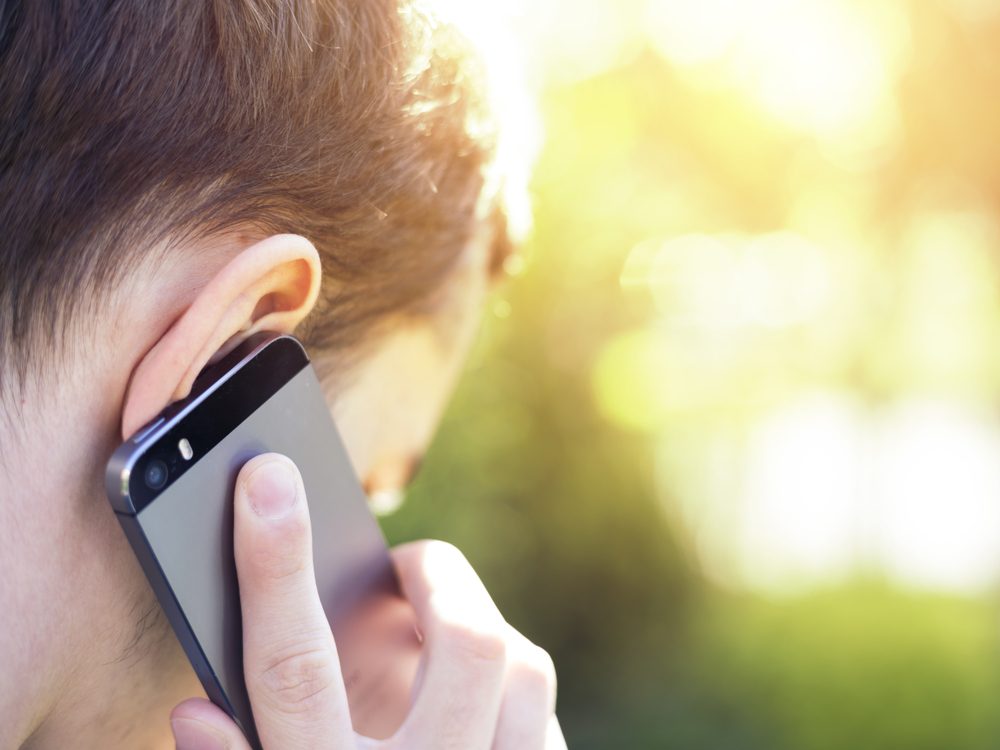
I’m calling you from my cellphone, so first question: Who, if anyone, is listening?
That’s a tricky one because of the lack of transparency on the part of service providers. What we can say for certain is that, through our smart devices—our phones, tablets and computers—they are capable of capturing and storing our data. We tend to think of “spying” in terms of eavesdropping on conversation, but these days it’s really more about companies capturing digitized information: your texts, emails, photos, preferred routes and even the barometric pressure of the air around you.

But I never said that was okay!
You have to dig into the terms-of-use agreement to figure out what data is being saved by the corporation, and what is being disclosed to third parties. Often we don’t realize what we are consenting to when we use certain apps and programs. If you give Instagram permission to access your photos and microphone, they can record you any time the app is on and use that information for their own purposes.
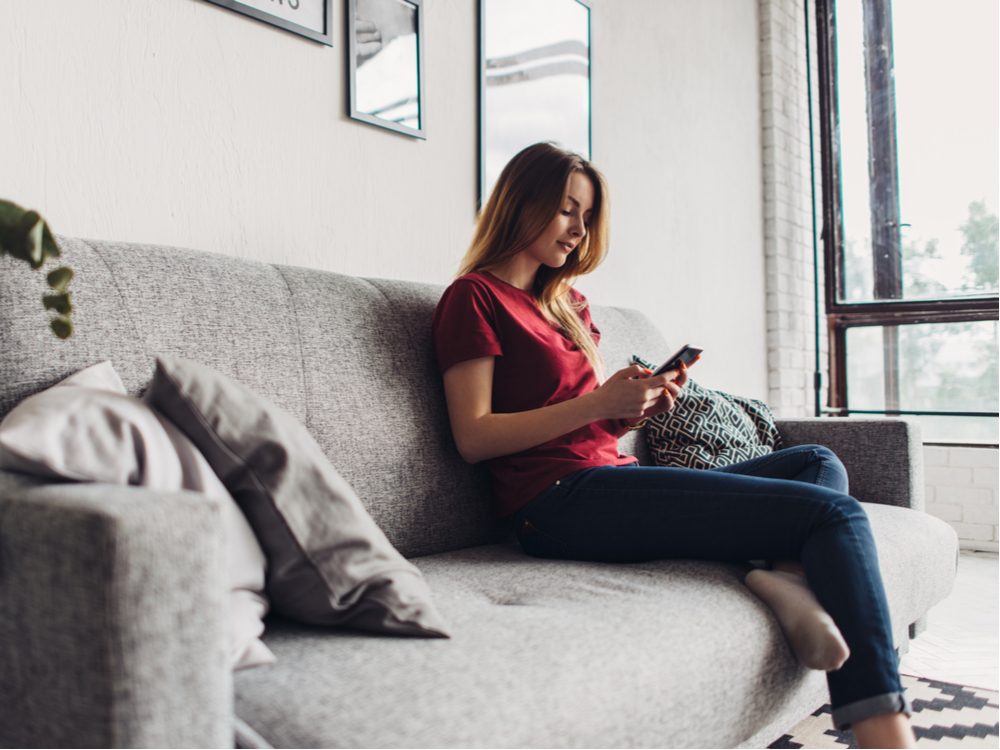
What kinds of purposes? And what possible reason is there for tracking the barometric pressure in the air around me?
You got me. I was really surprised by that one, too. The attitude at the big five tech companies [Google, Amazon, Facebook, Apple, Microsoft] tends to be: if we can digitize everything—that is, turn user information into a series of 0s and 1s—we’ll figure out ways to use it later. Their ultimate goal is that your fridge is talking to your stove to see what you’re cooking, and if you’re out of an ingredient the fridge can have it sent to you via an Amazon drone.
It turns out Google knows a lot more about you than you originally thought.
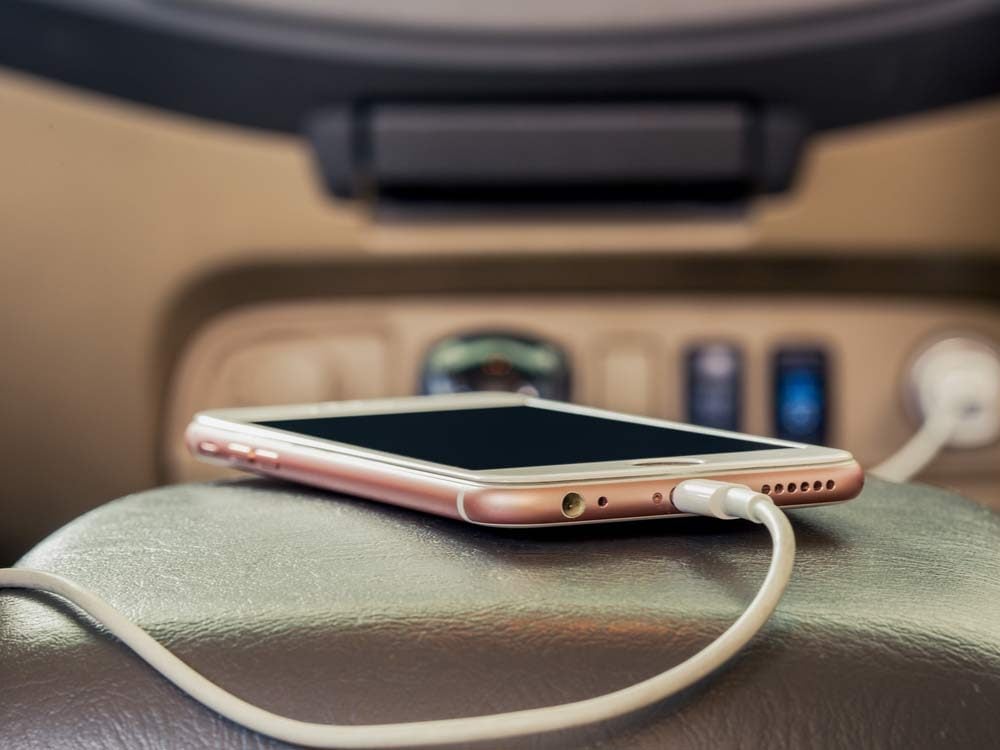
So they are gathering our personal data to sell us things?
Steering consumer behaviour is one the most obvious applications—like the targeted advertising that you see on your Facebook page. Or maybe my phone texts me when I’m walking by a Starbucks because it knows I’m addicted to skinny mocha lattes.
Make sure you know how to avoid online scams.
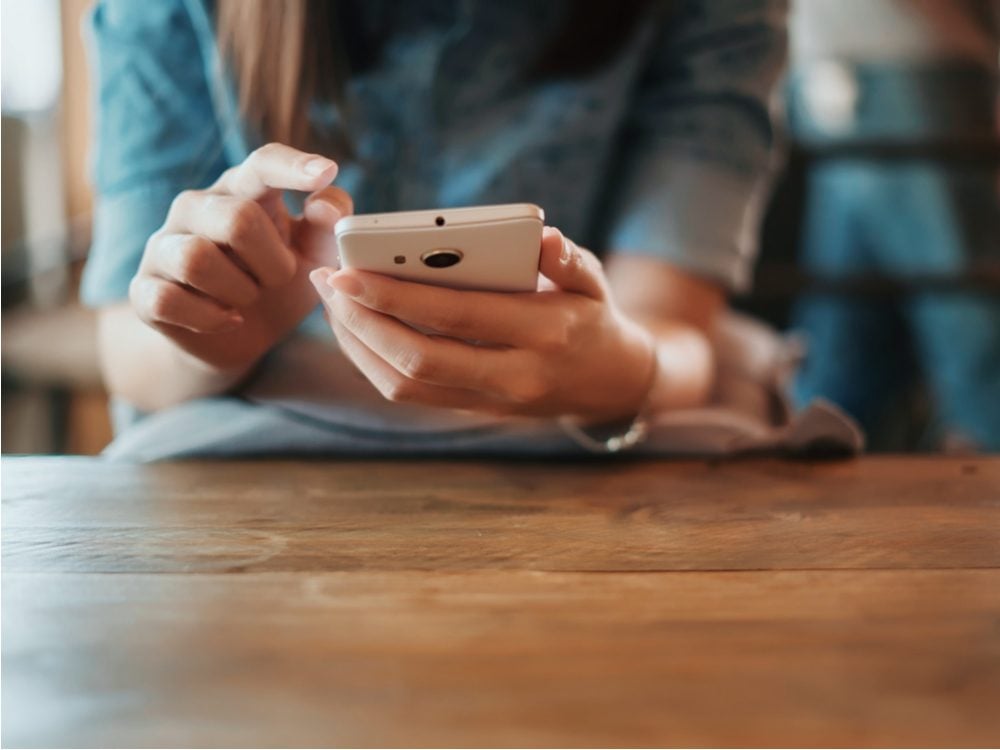
Wait—how would your phone know you love lattes?
Through GPS it could know that I’m at Starbucks at the same time every morning. Or maybe I pay using my phone and then access a customer rewards program. I also could’ve emailed you about lattes, or “liked” a photo of a latte on Instagram. It’s these tiny actions that we don’t even think about. With an example like pushing coffee beverages, it can seem harmless. But then there are more serious cases like Cambridge Analytica, where personal Facebook information was used to impact how people in the United States voted in the 2016 election.
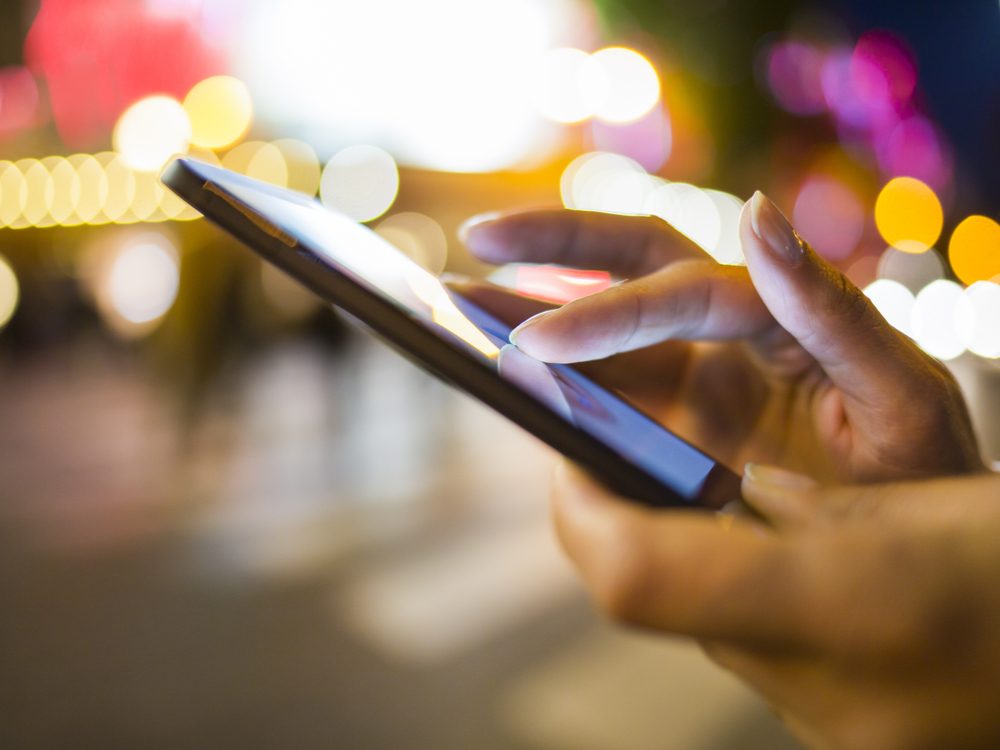
There must be some positive applications for data collection
Absolutely. And to be clear, I’m a researcher so I love data. It helps us evaluate and improve current practices in fields like health care and education. It can influence better public policy, such as organizing bus routes to be more efficient. But the problem is that there is currently very little regulation. For example, a smart toilet can track blood pressure and test urine. That has positive implications when that information goes to your doctor, but it could also go to an insurance provider who might not cover you because of high blood pressure.
Do you need a break from your smartphone? Here’s advice on how to unplug.
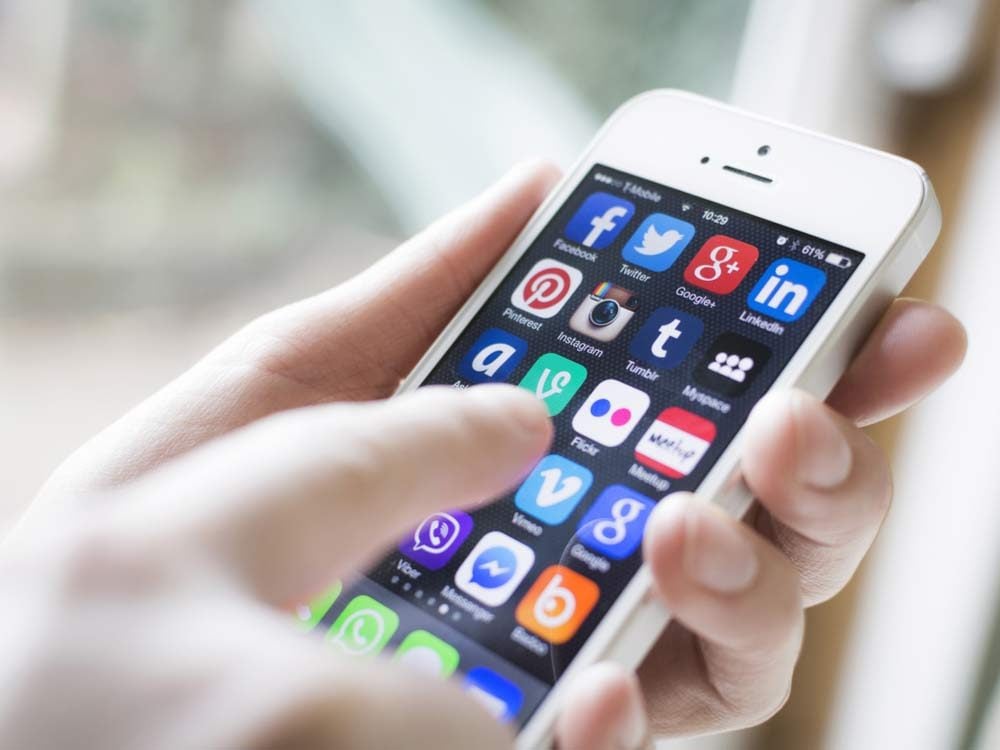
Short of moving to a cabin in the woods, what can I do to get away from Big Brother?
Don’t download apps indiscriminately. You think it’s great that your phone is going to tell you how many steps you’re taking in a day, but recognize that, once again, an insurance company might also be interested in that information. Other suggestions: turn off your GPS unless you need to find out how to get somewhere, and don’t post pictures of your kids or grandkids online without their permission.
Here are more photos you should never, ever post on social media.
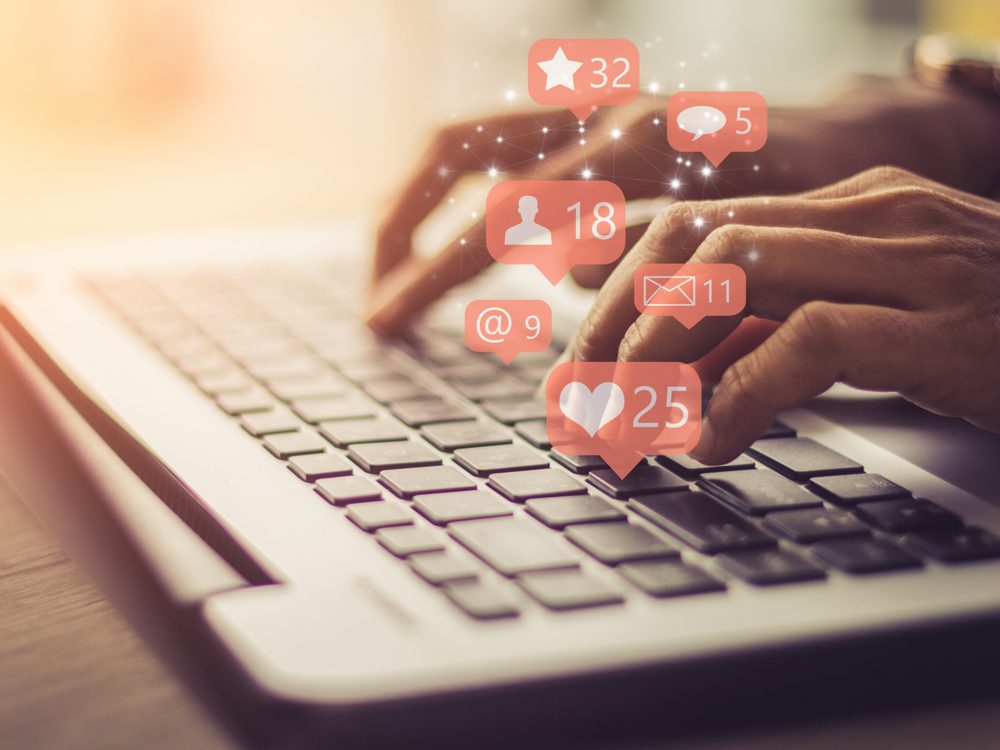
But they’re so cute…
It’s true. My grandson is the most beautiful thing in the world, so I get it. But posted photos contribute to a digital trail that aids in a child being categorized and monetized. If you want to share photos, texting is a safer way to do it.
Next, find out if your technology is spying on you.